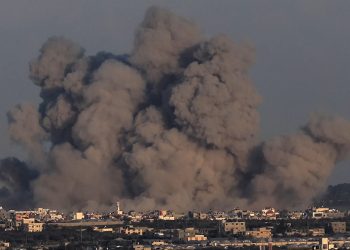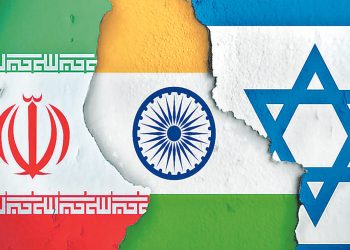As dense smog continues to blanket Punjab, the provincial government has imposed a ban on all outdoor activities in Multan, Gujranwala, and Faisalabad—the districts most affected after Lahore—until November 17.
According to an official notification issued by the Environmental Protection Agency (EPA), the Air Quality Index (AQI) in these areas has surpassed the critical threshold of 500, a level considered highly hazardous to human health. The notification highlighted that, despite extensive efforts to reduce air pollution, the region has experienced a sharp increase in cases of respiratory diseases, allergies, eye irritation, and conditions like pink eye.
The restrictions are being enforced under Section 6(1)(t) of the Punjab Environmental Protection Act of 1997, which empowers the government to take necessary actions to protect the environment and public health. The following measures have been put in place:
- Complete Suspension of Outdoor Activities: This includes sports events, exhibitions, festivals, and outdoor dining.
- Early Closure of Businesses: Shops, markets, and shopping malls are required to close by 8 p.m.
- Exemptions for Religious Events: Religious congregations and unavoidable religious rites, such as funerals and burials, are exempted from the ban.
- Essential Services Allowed to Operate: Pharmacies, medical facilities, grocery stores, milk shops, bakeries, and other essential businesses can remain open after 8 p.m.
Additionally, large departmental stores can continue operating their grocery and pharmacy sections past the curfew. The Deputy Commissioner of each district may grant further exemptions if deemed necessary.
This ban is effective from November 11 until November 17, and violators will face penalties under Section 188 of the Pakistan Penal Code.
The smog crisis has worsened across Punjab as the winter season sets in, with Lahore continuing to rank as the world’s most polluted major city. Multan, in particular, has seen its air quality dip into the “hazardous” category, putting residents at significant risk of health complications. Other districts, including Bahawalpur and Rajanpur, have also been severely impacted by the thick layer of smog.
In response to the growing pollution levels, similar restrictions were imposed in Lahore last week, including school closures and bans on access to parks and other open-air public spaces.
As smog spreads throughout the province, authorities continue to grapple with the escalating health crisis caused by the toxic air.































